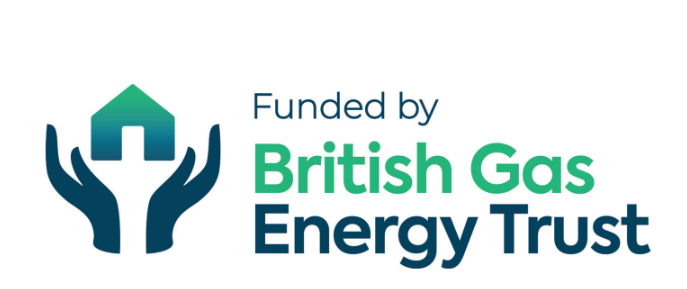Principles of the Advocacy Charter
We work to the principles of the Advocacy Charter:
Clarity of purpose
We have clearly stated aims and objectives and are able to demonstrate how we meet the principles in this Charter. We ensure everyone we work with knows what we can do, and what we cannot do.
Independence
We are independent from the Council, from hospitals and other care providers. We make challenges on our clients’ behalf when its needed.
Confidentiality
We have a written confidentiality policy and make sure we take proper care of information about you.
Person Centred Approach
In most cases, you decide what we do on your behalf. We have a clear way of supporting people who cannot tell us what they want, to make sure their rights and interests are protected.
Empowerment
We encourage you to speak up for yourself, and to take action for yourself whenever we can. We want to know what you think about our service and invite you to tell us.
Equal opportunity
We make sure anyone who needs an advocate from our service can get one, and be treated fairly regardless of their culture, ethnicity, gender, sexuality, disability, age or religion.
We make sure everyone gets a fair portion of our advocates’ time.
Accountability
When we begin work with you, you will have a named advocate and a means of contacting them. We will ask you to tell us what you think about our service. We will provide reports to our Trustees, our funders and the general public about our service and how we are doing.
Accessibility
Our scheme is free of charge, and we promote access for the whole community.
Supporting advocates
We ensure our advocates are prepared, trained and supported in their role, and have regular opportunities to develop their skills and experience.
Complaints
We have a written policy explaining how you can give feedback and make complaints.
Safeguarding
Our advocates understand the different forms of abuse and neglect and have clear procedures to follow if we suspect a client is at risk.





